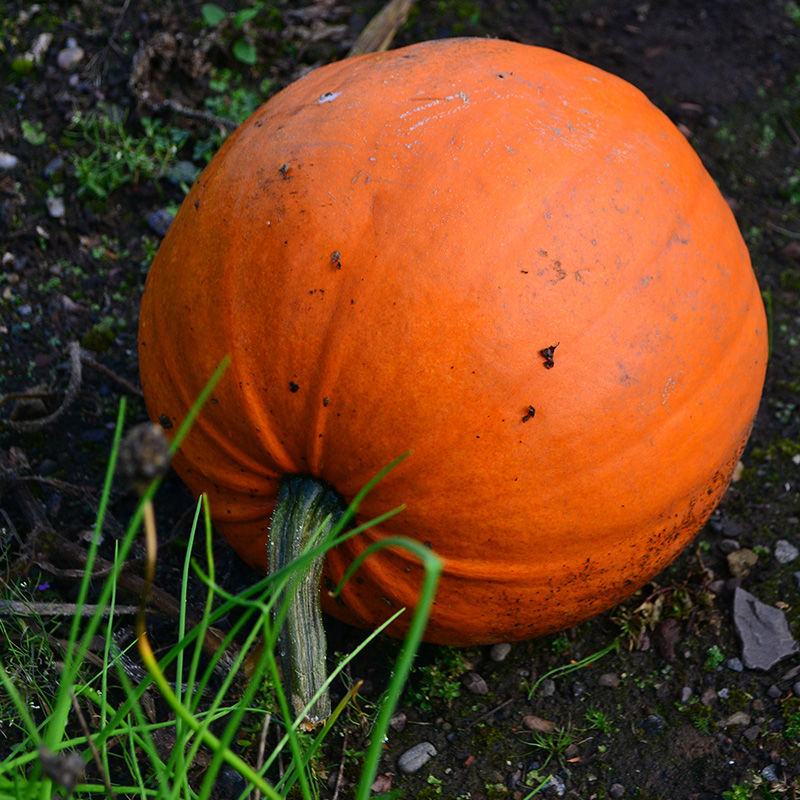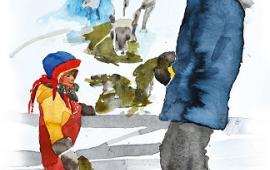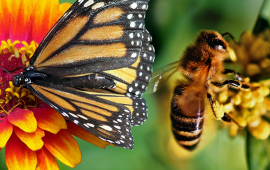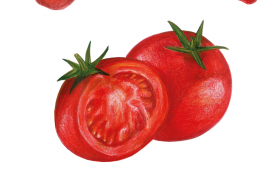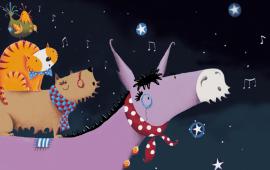Autumn Celebrations: Day of the Dead, Diwali and Halloween
There can be a tendency to think of the end of October and the start of November as ever so slightly dreary. The September excitement of going to school for the first time, or going back to school or college to start a new year, has usually worn off a little.
In many countries where the clocks are put back an hour, the nights start “drawing in”, and the weather often starts to turn a little damp and chilly. And it seems to be a long, long way to Christmas….At this time of year, however, there are several major festivals to help to distract us from the weather and the dark.
Foods associated with Hallowe’en include pumpkins and apples, although in previous decades in some parts of England turnips rather than pumpkins were carved into lanterns.
Just like Hallowe’en, there are traditional sweets and activities. Many people like to dress up, and you will see candles and light sources everywhere. Foods include sugar skulls, soups which might include corn, tomato and onion, and tortillas. The flower most associated with the festival is the marigold, and you will see golden-orange pathways and displays wherever you look.
Of course, it wouldn’t be a festival without delicious food and family traditions. Dishes will often vary from region to region. You’ve probably already got a sneaking suspicion that sweets and desserts are in there somewhere (quite a theme at this time of year) but many families will have their own variant on a theme. It’s customary for friends and relatives to exchange boxes of mithai, special sweets for this time of year.
Oh, and in case you’re wondering why the date changes each year, it’s related to both the solar and lunar cycles of the year. Diwali marks the new moon of Kartik, the first lunar month. Why not journey with Deepak to explore his Diwali? (We'd better warn you though - it's not quite going to plan...!)
So, if you’re celebrating one – or all – of these festivals, enjoy, stay safe, and share your sweets widely but wisely!
References
(All references were successfully accessed on 31 October 2019.)
In many countries where the clocks are put back an hour, the nights start “drawing in”, and the weather often starts to turn a little damp and chilly. And it seems to be a long, long way to Christmas….At this time of year, however, there are several major festivals to help to distract us from the weather and the dark.
Hallowe’en
In recent years the 31st of October has become associated with fancy dress, trick or treating, and scary stories, but did you know that Hallowe’en used to mark the end of the old Celtic year? Also known as All Hallows’ Eve, All Saints’ Eve and Samhain, what’s not so commonly known is that it marks the start of Allhallowtide, a feast to honour those who are no longer with us.Foods associated with Hallowe’en include pumpkins and apples, although in previous decades in some parts of England turnips rather than pumpkins were carved into lanterns.
Day of the Dead
In a similar vein, the Day of the Dead festival in Mexico and elsewhere also celebrates ancestors and antecedents. The Spanish name of the festival, which lasts from 31st October through to 2nd November, is Dia de los Muertos.Just like Hallowe’en, there are traditional sweets and activities. Many people like to dress up, and you will see candles and light sources everywhere. Foods include sugar skulls, soups which might include corn, tomato and onion, and tortillas. The flower most associated with the festival is the marigold, and you will see golden-orange pathways and displays wherever you look.
Diwali
After all the honouring of the dark, the five-day late autumn festival of Diwali is a celebration of light: everywhere you look you’ll see light, helping to keep the winter dark at bay. This is the biggest festival in the Hindu calendar, and the name literally means “Festival of Lights”. It honours the goddess Lakshmi.Of course, it wouldn’t be a festival without delicious food and family traditions. Dishes will often vary from region to region. You’ve probably already got a sneaking suspicion that sweets and desserts are in there somewhere (quite a theme at this time of year) but many families will have their own variant on a theme. It’s customary for friends and relatives to exchange boxes of mithai, special sweets for this time of year.
Oh, and in case you’re wondering why the date changes each year, it’s related to both the solar and lunar cycles of the year. Diwali marks the new moon of Kartik, the first lunar month. Why not journey with Deepak to explore his Diwali? (We'd better warn you though - it's not quite going to plan...!)
So, if you’re celebrating one – or all – of these festivals, enjoy, stay safe, and share your sweets widely but wisely!
References
(All references were successfully accessed on 31 October 2019.)
- Allhallowtide (2019), Wikipedia, https://en.wikipedia.org/wiki/Allhallowtide
- Heath, C. F. (2019), When is Day of the Dead and what does it celebrate?, USA Today, 31 October 2019, https://eu.usatoday.com/story/life/2019/10/31/day-dead-when-it-what-does-dia-de-los-muertos-celebrate/2491063001/
- Johnson, B. Halloween, Historic UK, https://www.historic-uk.com/CultureUK/Halloween/
- Petter, O. (2019), Diwali 2019: The Symbolic Foods Eaten During The Festival Of Lights, The Independent, 28 October 2019, https://www.independent.co.uk/life-style/food-and-drink/diwali-2019-food-symbolic-festival-of-lights-hindu-sikh-jain-mithai-masala-chai-a9171091.html
- When Is Diwali (Deepavali)? Dates for 2019 to 2025 (c2019), Learn Religions, https://www.learnreligions.com/when-is-diwali-1770209
Related Posts
-
In the Land of the Northern Lights
-
Celebrating Refugee Week
-
Wild March winds and gentle April showers eventually help May flowers to grow in our gardens, so where are the bees and butterflies?
-
Dual Language Story Books - Welcome, Bienvenu, Come on In
-
Language – so much more than just the spoken word
-
Look Before You Leap – And What Have Silk Gloves Got To Do With Leap Years?
-
Spotlight on Dari
-
EAL: The home language as a practical strength
-
When is a fruit not a fruit? When it’s a tomato…which is also a vegetable...
-
Sing something simple – using songs for language learning

